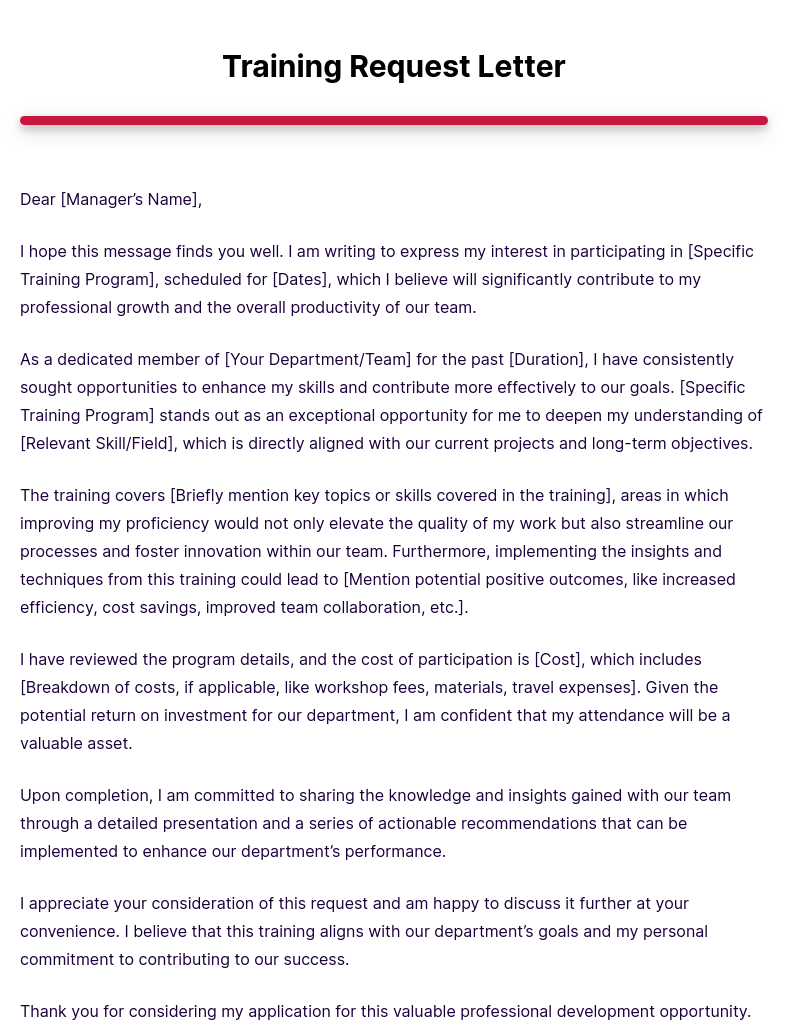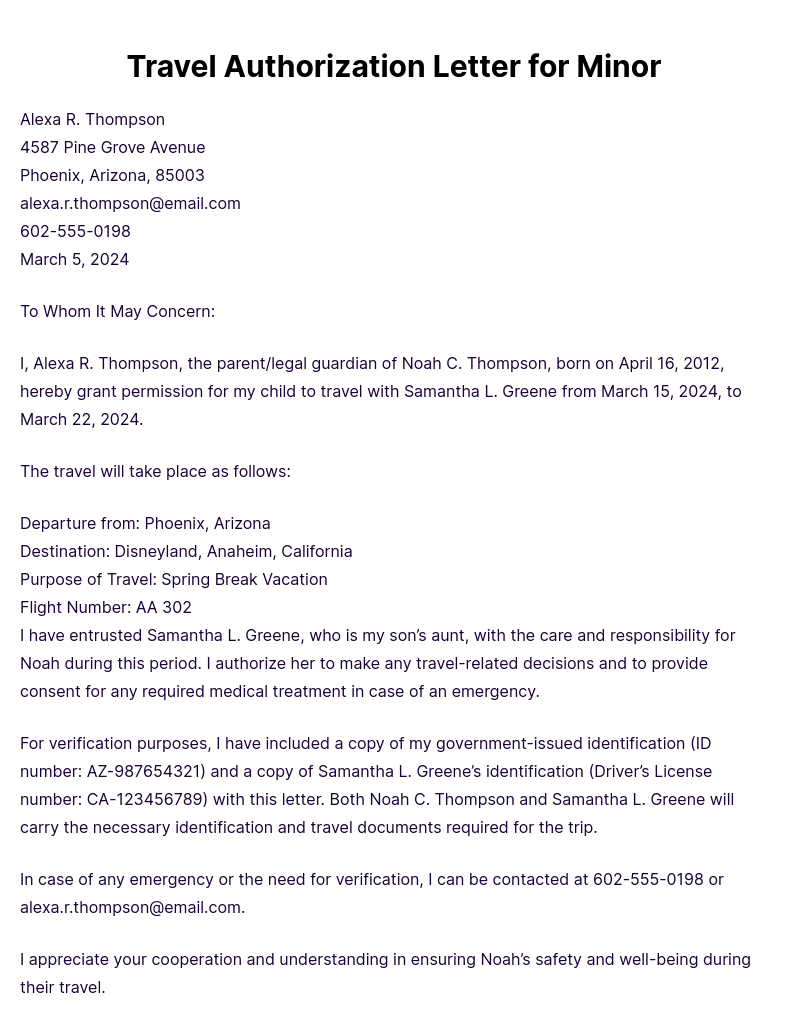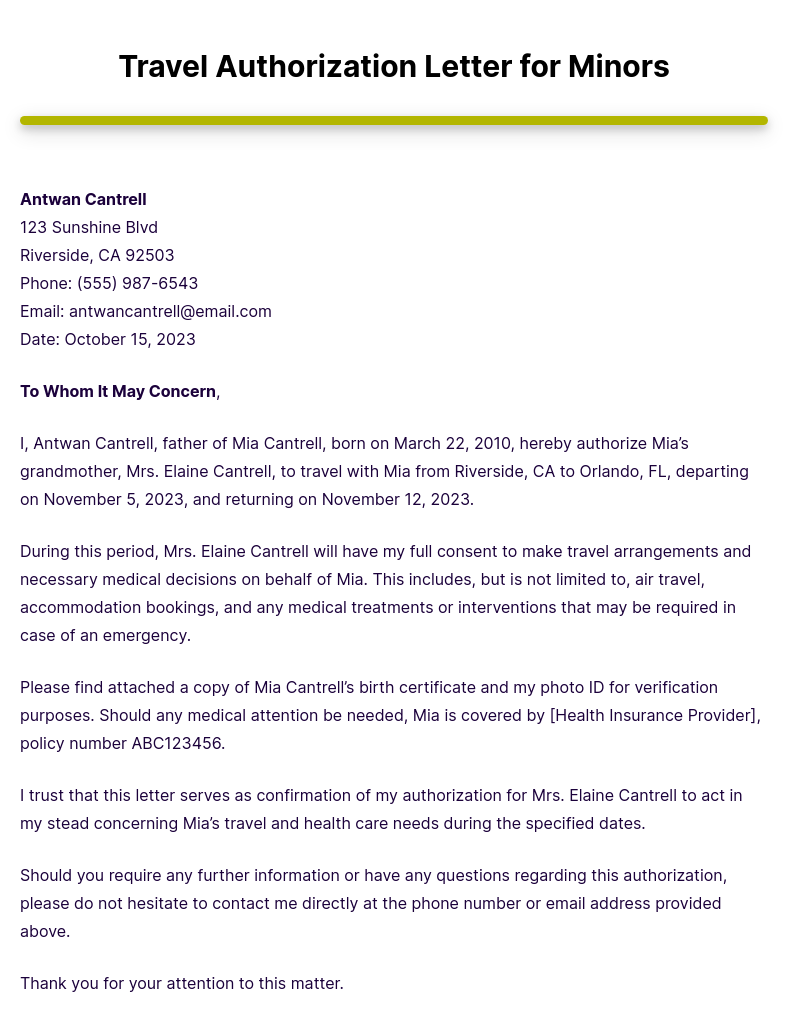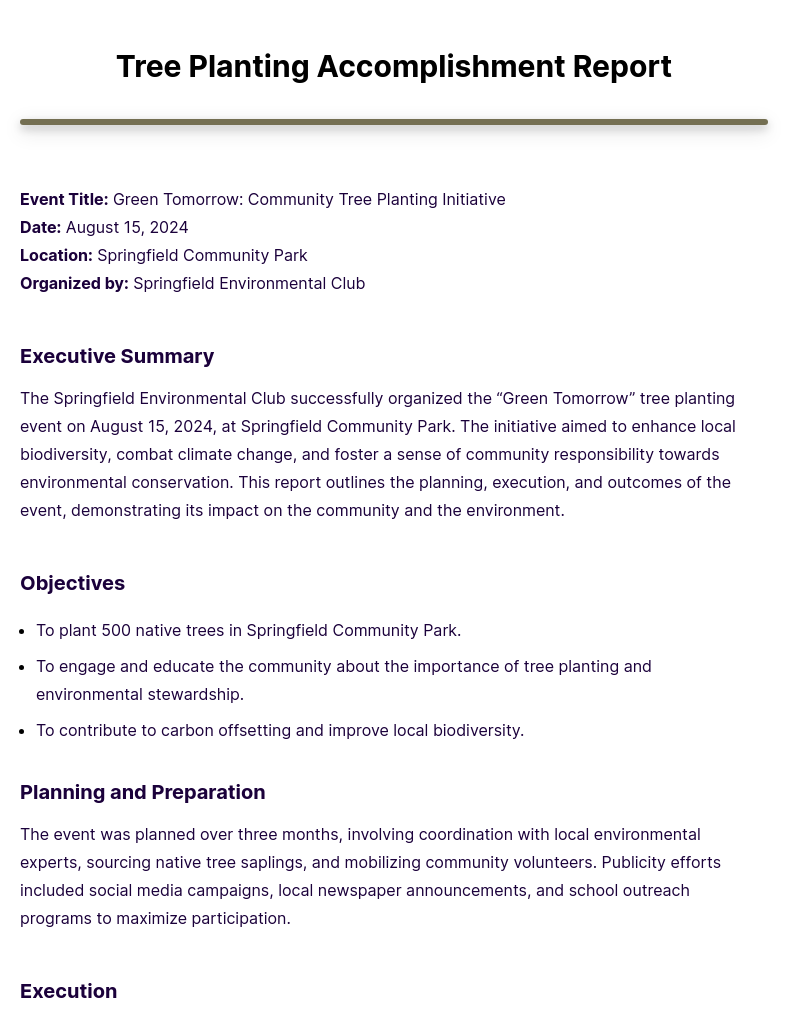Interpersonal Communication forms the backbone of human interactions. This comprehensive guide delves into the intricate world of interpersonal connections, offering insightful examples and practical applications. Whether it’s mastering the art of Verbal Communication in Interpersonal Communication or understanding the nuances of Non-Verbal Communication, this guide covers it all. It’s an essential read for anyone looking to improve their communication skills, foster better relationships, and navigate the complexities of social interactions with ease and confidence. Discover the transformative power of effective interpersonal communication and unlock the potential of your personal and professional relationships.
Social Penetration Theory in Interpersonal Communication
Social Penetration Theory in Interpersonal Communication delves into how relationships deepen through self-disclosure. This theory likens human personality to an onion with multiple layers, starting from superficial to deeply personal information. As people gradually reveal more about themselves, they move from the outer layers (like hobbies or daily activities) to the core layers (like fears, dreams, and values). Effective communication is key in this process, as it enables individuals to build trust and intimacy.
Example: In a new friendship, people might initially talk about their favorite movies (outer layer). As trust builds, they start sharing personal experiences or life challenges (core layers).
Uncertainty Reduction Theory in Interpersonal Communication
The Uncertainty Reduction Theory focuses on how individuals use communication to decrease uncertainty about others. When meeting someone new, people often feel uncertain and anxious; this theory suggests that effective communication, especially through questions and information sharing, helps in reducing these feelings. Understanding and predicting the behavior of others becomes easier, facilitating smoother interactions.
Example: At a workplace, a new employee asks colleagues about their roles and work experiences to better understand the work environment and reduce uncertainty.
Social Exchange Theory in Interpersonal Communication
Social Exchange Theory in Interpersonal Communication proposes that relationships are maintained based on a cost-benefit analysis. Individuals seek to maximize benefits (like support, happiness) and minimize costs (like stress, conflict). This theory underscores the importance of reciprocity and balance in relationships, suggesting that people stay in relationships as long as the perceived benefits outweigh the costs.
Example: A person might continue a friendship because the emotional support received outweighs the occasional disagreements they have.
Relational Dialectics Theory in Interpersonal Communication
Relational Dialectics Theory explores the ongoing tensions in relationships, like autonomy vs. connectedness or openness vs. closedness. This theory highlights the dynamic and ever-changing nature of interpersonal relationships, where conflicting needs must be balanced. Effective communication is crucial in navigating these dialectics and maintaining healthy relationships.
Example: A couple navigates the tension between spending time together (connectedness) and pursuing individual hobbies (autonomy) through open communication.
Communication Accommodation Theory in Interpersonal Communication
Communication Accommodation Theory suggests that individuals adjust their communication style to be more like or unlike their conversation partners. This adjustment can be in terms of speech rate, accent, or vocabulary, aiming to either reduce social differences (convergence) or emphasize them (divergence). Such accommodation is pivotal in shaping interpersonal interactions and relationships.
Example: While talking to a colleague from a different region, a person might unconsciously mimic their accent to create a sense of familiarity and ease in the conversation.
Interactional View Theory in Interpersonal Communication
Interactional View Theory posits that in interpersonal communication, relationships are shaped by and shape the patterns of communication. This theory, introduced by Paul Watzlawick, views families as systems of interconnected and interdependent individuals. Each member’s actions and communications affect the entire system. This perspective emphasizes that communication within a family is not merely a one-way process but a dynamic cycle of cause and effect.
Example: in a family, if one member is consistently negative, it may lead to a pattern where other members react defensively or with negativity, perpetuating a cycle of poor communication.
Coordinated Management of Meaning (CMM) in Interpersonal Communication
Coordinated Management of Meaning (CMM) in interpersonal communication revolves around how individuals establish rules for creating and interpreting meaning and how these rules are enmeshed in a conversation. Developed by W. Barnett Pearce and Vernon Cronen, this theory suggests that understanding occurs not just in the content of the message but in the context as well. It implies that miscommunication can occur when interactants apply different rules for interpretation.
Examples: For instance, in a cross-cultural conversation, differing cultural norms can lead to misunderstandings unless both parties are aware of and respect these differences.
Face-Negotiation Theory in Interpersonal Communication
The Face-Negotiation Theory, created by Stella Ting-Toomey, is grounded in face management, which describes how people from different cultures manage conflict negotiation to maintain face. Face refers to the public self-image that every person tries to project. In high-context cultures, maintaining face and harmonious relationships is paramount, affecting communication styles significantly.
Example: in a professional setting, an individual from a collectivist culture may avoid direct confrontation to maintain group harmony, differing from individualistic cultures where directness is more valued.
Politeness Theory in Interpersonal Communication
Politeness Theory in interpersonal communication, proposed by Penelope Brown and Stephen Levinson, is based on the idea that individuals have a natural desire to maintain their self-esteem and to avoid threatening others’ self-esteem. This theory suggests that communication is a play of balancing the need to express oneself and the need to be polite.
Example: in a workplace setting, an employee may use indirect language or hedging techniques to make a request to a superior, to avoid sounding imposing or rude.
Speech Act Theory in Interpersonal Communication
Speech Act Theory, developed by J.L. Austin and further advanced by John Searle, focuses on how utterances function as actions in themselves. It asserts that when we speak, we perform acts such as questioning, commanding, or declaring. In interpersonal communication, this theory helps in understanding how we do things with words.
Example: For instance, saying “I apologize” doesn’t just convey information but also performs the act of apologizing.
Symbolic Interactionism in Interpersonal Communication
Symbolic Interactionism, a significant concept in Interpersonal Communication, explores how individuals create meanings through social interactions. This theory posits that people interpret and define each other’s actions instead of merely reacting to them. In interpersonal communication, symbolic interactionism plays a pivotal role in understanding how individuals use symbols, like words and gestures, to create shared meanings and construct their social worlds. For example, a smile can be a symbol of friendship, approval, or comfort, depending on the context of the interaction. Such symbols are vital in establishing and maintaining relationships.
Example: In a workplace setting, a manager’s nod might symbolize approval, encouraging an employee’s contribution during a meeting. This non-verbal gesture can boost the employee’s confidence and foster a positive work environment.
Expectancy Violations Theory in Interpersonal Communication
Expectancy Violations Theory in interpersonal communication focuses on how individuals respond when their expectations in social interactions are violated. This theory suggests that when someone behaves in a way that is unexpected, the receiver of the behavior evaluates the violation as positive or negative based on various factors like relationship type, social norms, and personal preferences. For instance, in Verbal Communication, if a normally reserved colleague suddenly shares personal stories, it might be perceived positively or negatively depending on the listener’s expectations.
Example: If a friend, known for being reserved, unexpectedly shares a personal secret, this might either deepen the friendship or cause discomfort, depending on how the listener values privacy and openness in the relationship.
Elaboration Likelihood Model in Interpersonal Communication
The Elaboration Likelihood Model in interpersonal communication examines how people are persuaded and how their attitudes change. It proposes two routes of persuasion: the central route, which involves careful consideration of arguments, and the peripheral route, which relies on superficial cues. In interpersonal contexts, this model helps understand how individuals process persuasive messages and what influences their ability to be persuaded. For instance, in Digital Communication, the credibility of the source or the emotional appeal of a message might sway a person’s opinion more than the actual content.
Example: During an online debate, a well-reasoned argument (central route) might change someone’s viewpoint, while in another scenario, a celebrity endorsement (peripheral route) might be more influential.
Spiral of Silence Theory in Interpersonal Communication
The Spiral of Silence Theory in interpersonal communication focuses on how people tend to remain silent when they feel their views are in the minority, fearing social isolation. This theory is particularly relevant in contexts like Public Communication, where expressing unpopular opinions might lead to exclusion or ridicule. The spiral of silence highlights the societal pressure to conform and how it shapes communication patterns in groups and public forums.
Example: In a community meeting, an individual might choose not to voice an unpopular opinion about a local issue, fearing backlash or alienation from neighbors.
Uses and Gratifications Theory in Interpersonal Communication
Uses and Gratifications Theory in interpersonal communication explores why people choose specific media and how it fulfills their needs. Unlike other theories that focus on media effects, this theory emphasizes audience choice and active media use. In interpersonal communication contexts, it helps in understanding choices like why people prefer certain Digital Communication platforms over others to satisfy their needs for information, personal identity, integration, social interaction, or entertainment.
Example: A person might prefer using social media platforms for interpersonal communication to feel connected with friends and family, fulfilling their need for social interaction and emotional support.
Constructivist Theory in Interpersonal Communication
Constructivist Theory in Interpersonal Communication posits that individuals construct their own realities based on personal experiences and interactions. This theory suggests that our understanding of the world and our communication behaviors are not just innate, but are developed through social interactions and cultural norms. People with different experiences will have different interpretations of the same communication events, leading to a diverse range of understandings and responses. For instance, in verbal communication, the same phrase can be interpreted differently by people from different cultural backgrounds, affecting the communication process.
Example: In a workplace, two employees may interpret their manager’s feedback differently based on their past experiences and personal constructs. One may view it as constructive criticism, while the other may perceive it as harsh judgment.
Groupthink Theory in Interpersonal Communication
Groupthink Theory in Interpersonal Communication refers to the phenomenon where the desire for harmony or conformity within a group results in an irrational or dysfunctional decision-making outcome. Group members often suppress dissenting viewpoints, leading to a decrease in critical thinking and the evaluation of alternative ideas. This theory is especially relevant in small group communication, where the pressure to conform can lead to poor decision-making.
Example: In a project team, members might agree on a flawed plan without voicing their concerns due to the fear of disrupting the group’s unity, leading to suboptimal project outcomes.
Cognitive Dissonance Theory in Interpersonal Communication
Cognitive Dissonance Theory in Interpersonal Communication explores the discomfort one feels when holding two conflicting beliefs or when attitudes and behaviors are inconsistent. This discomfort leads individuals to change their beliefs or behaviors to reduce the dissonance. In emotional expression within interpersonal communication, this theory can explain why people sometimes act contrary to their expressed emotions or beliefs.
Example: A person who strongly advocates for healthy eating but indulges in fast food might experience cognitive dissonance, leading them to either change their eating habits or justify their actions to reduce the discomfort.
Media Richness Theory in Interpersonal Communication
Media Richness Theory in Interpersonal Communication suggests that different communication media have different capacities to effectively convey information. Richer media, like face-to-face interactions, are more effective for complex messages due to their immediacy and multiple information cues (visual, verbal, non-verbal). This theory is crucial in understanding the effectiveness of various types of interpersonal communication like digital communication or visual communication.
Example: An email might be suitable for conveying straightforward information, but a face-to-face meeting would be more effective for resolving conflicts or discussing complex topics.
Attribution Theory in Interpersonal Communication
Attribution Theory in Interpersonal Communication examines how individuals infer the causes of others’ behavior. People tend to attribute others’ actions either to their internal dispositions or to external situations. This theory is significant in understanding how we perceive and react to others in various interpersonal scenarios, such as interpersonal conflict communication.
Example: If a colleague misses a deadline, one might attribute it to their laziness (internal attribution) or to external factors like a heavy workload, influencing the subsequent interpersonal interaction.







